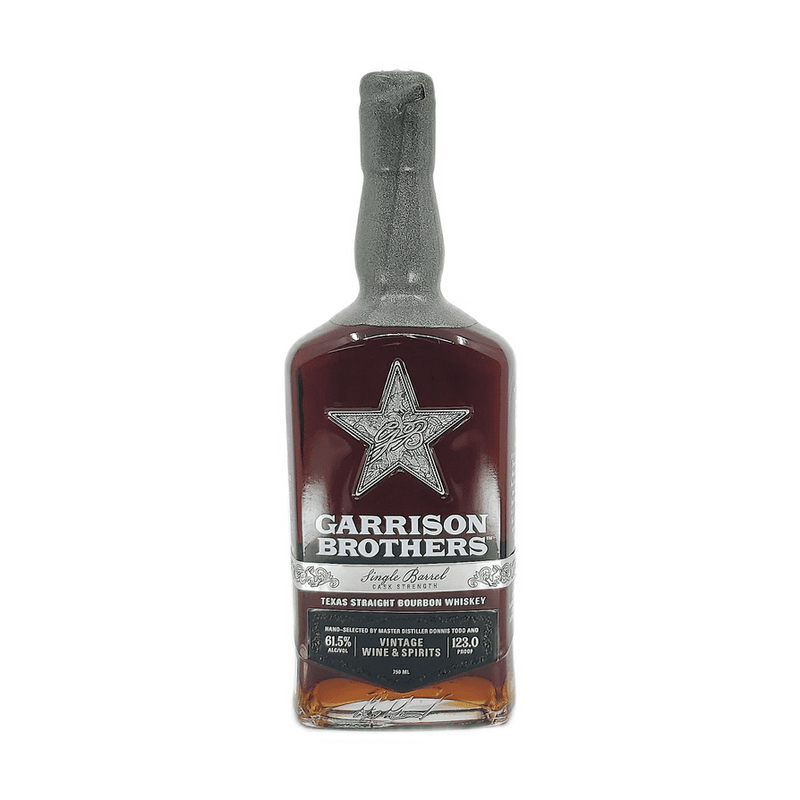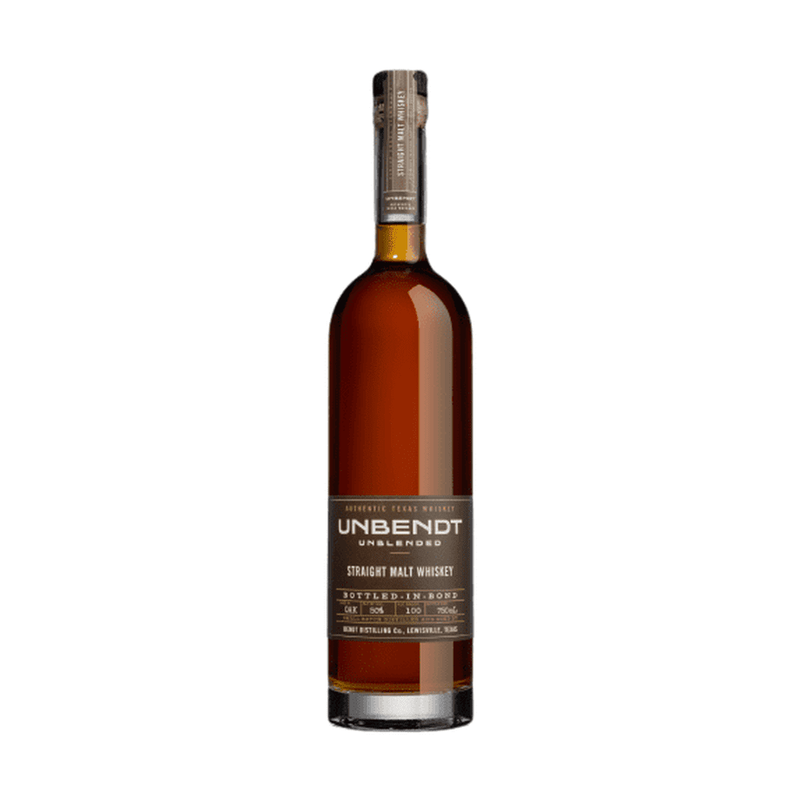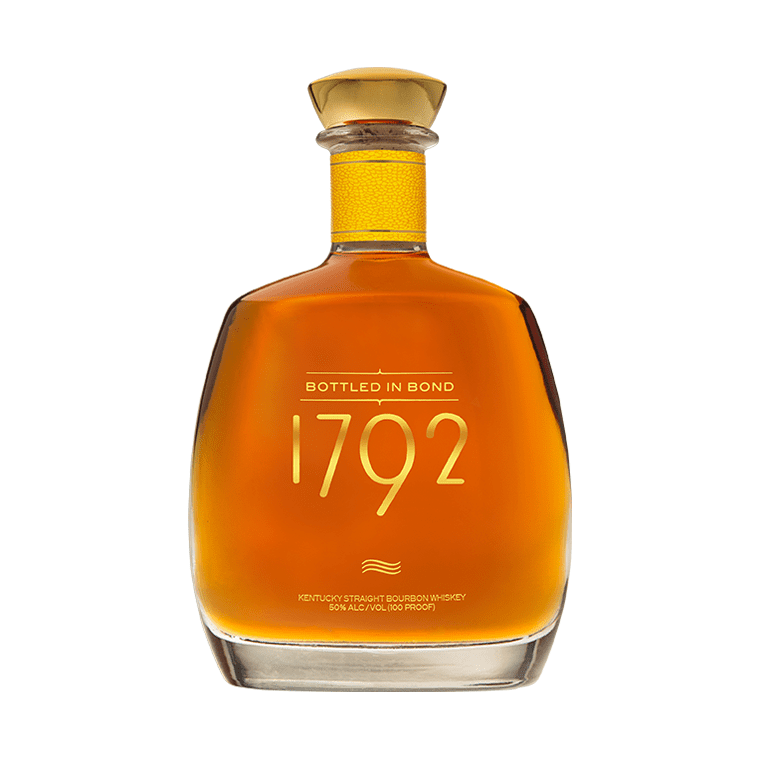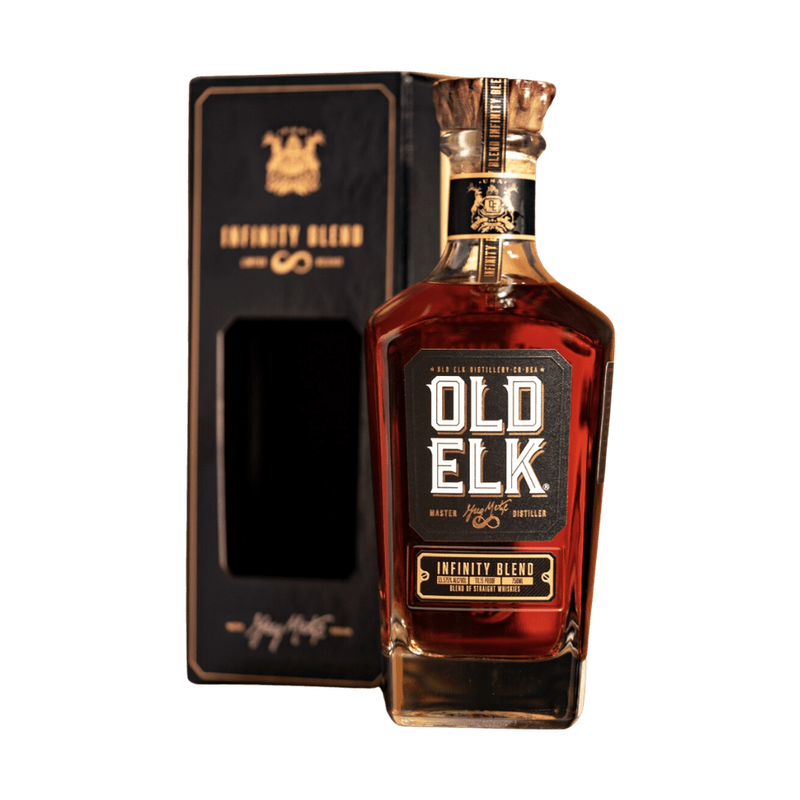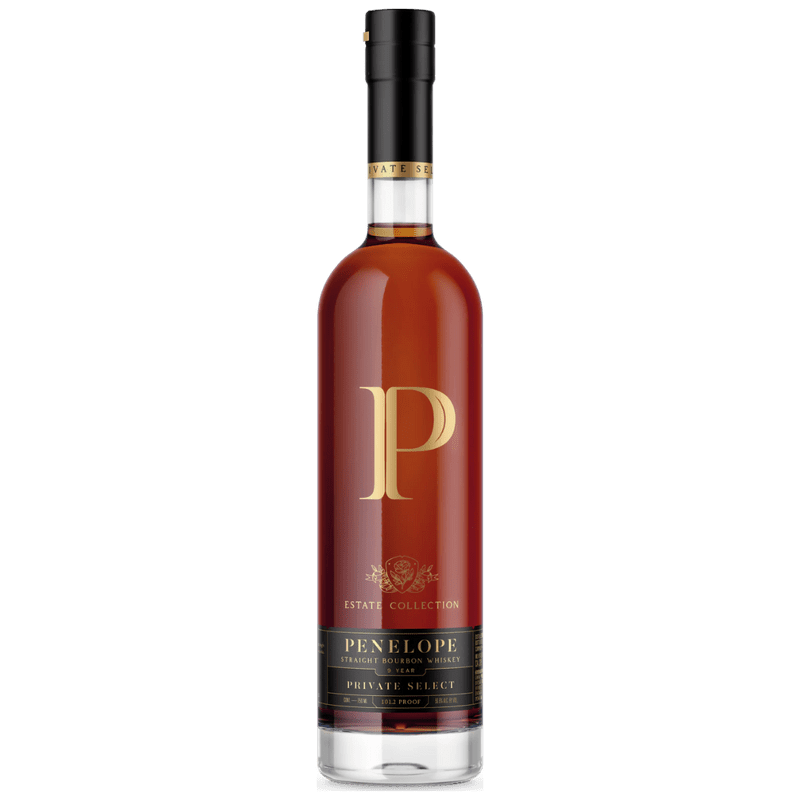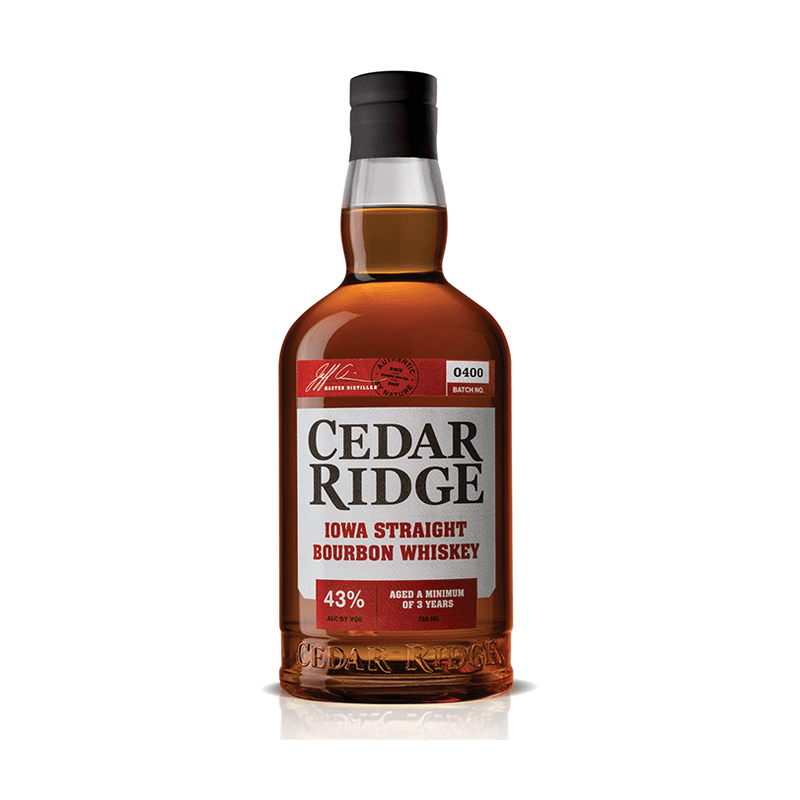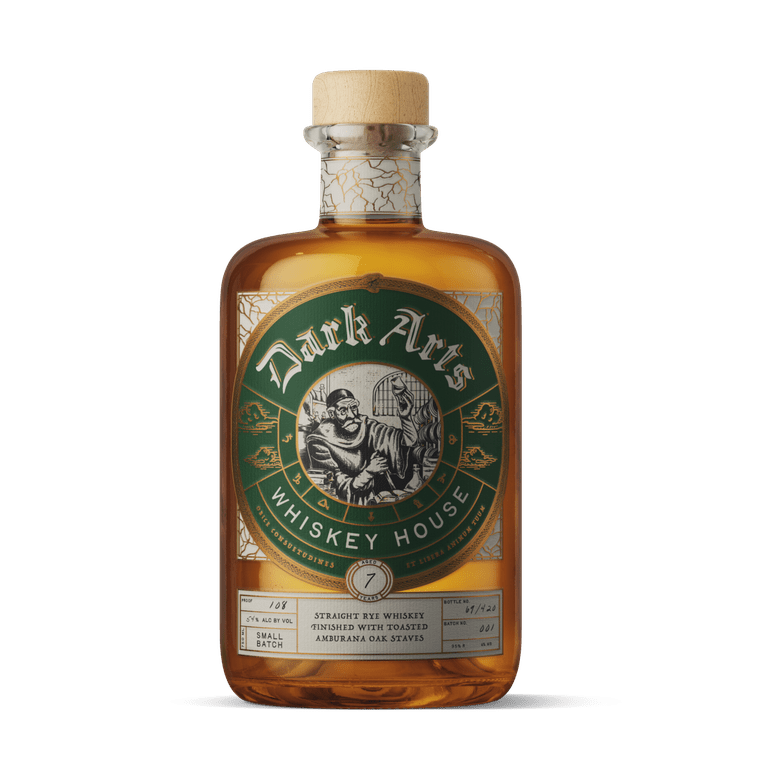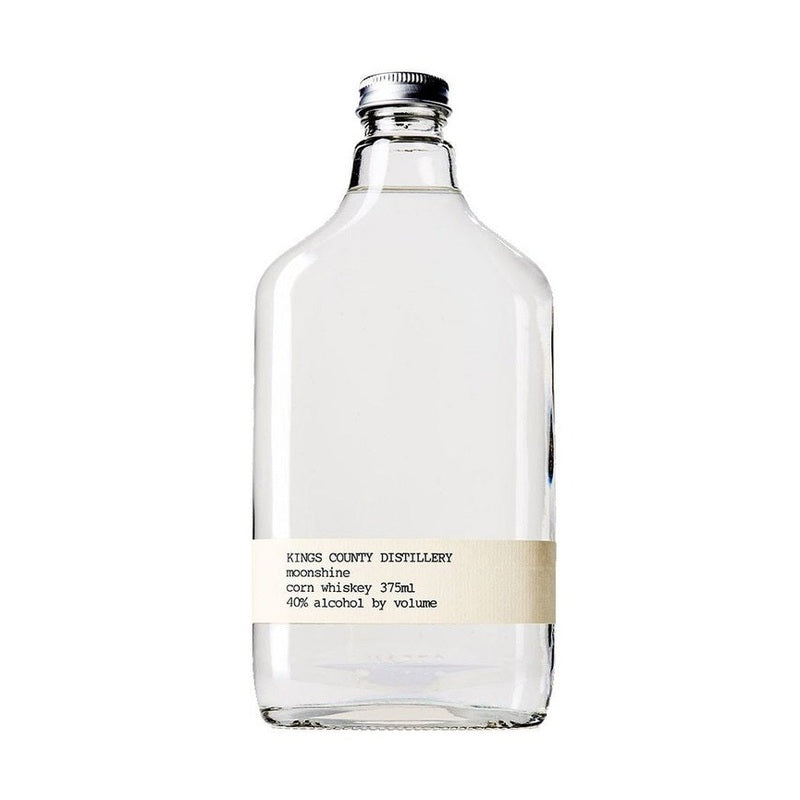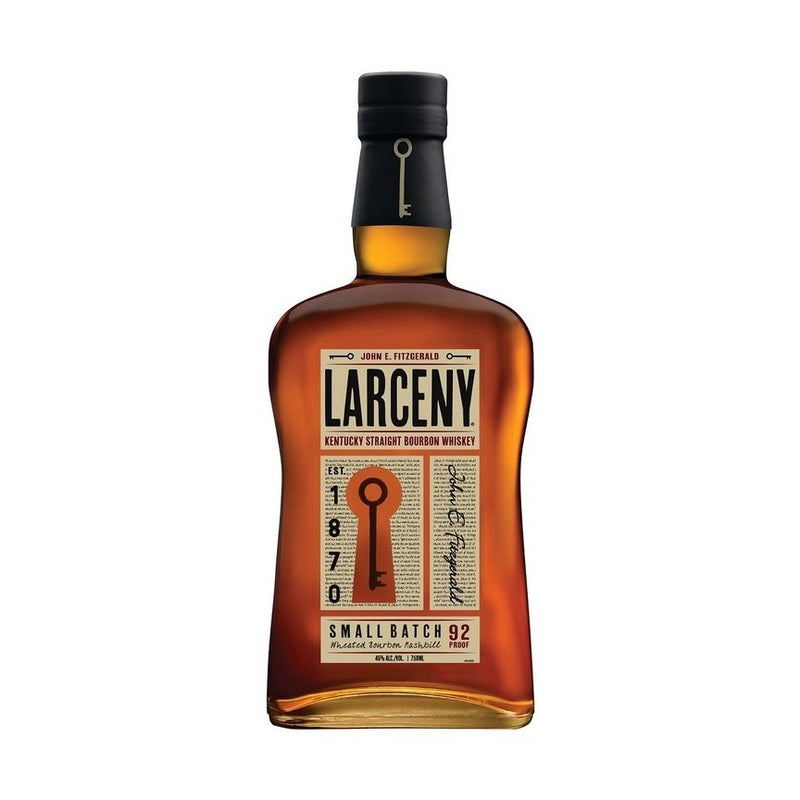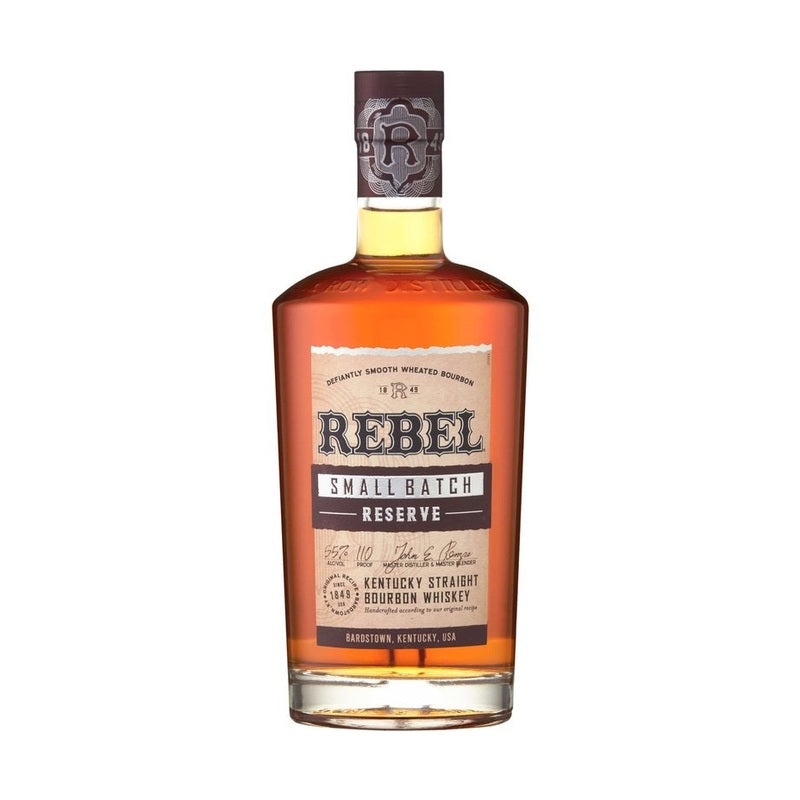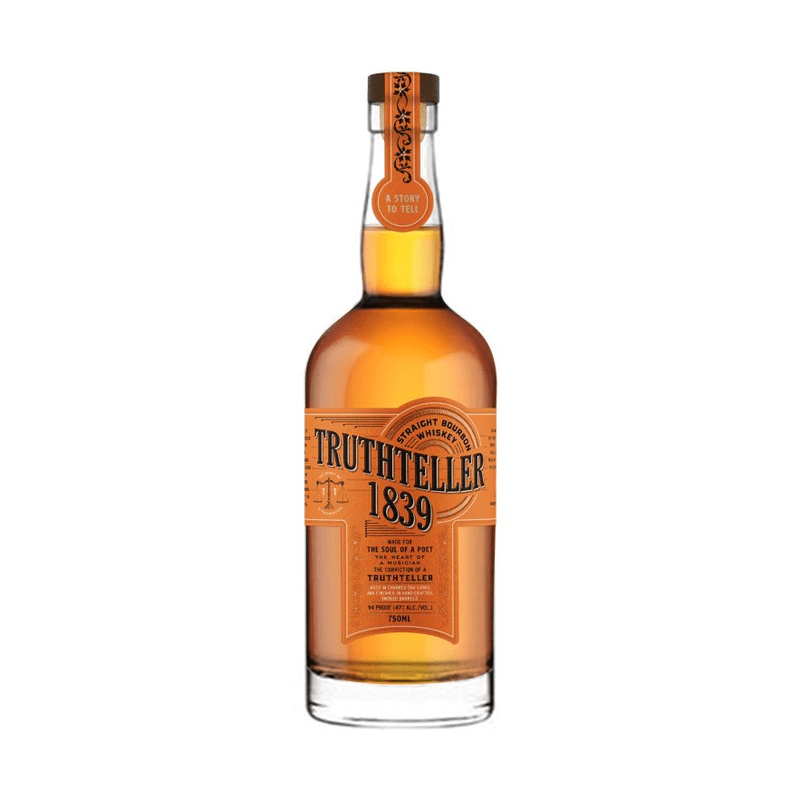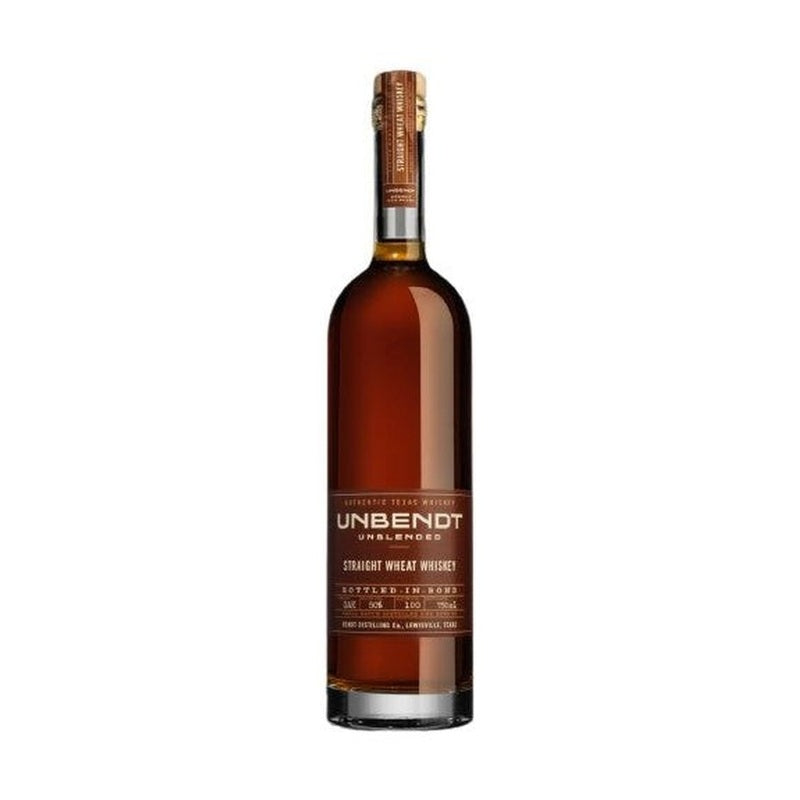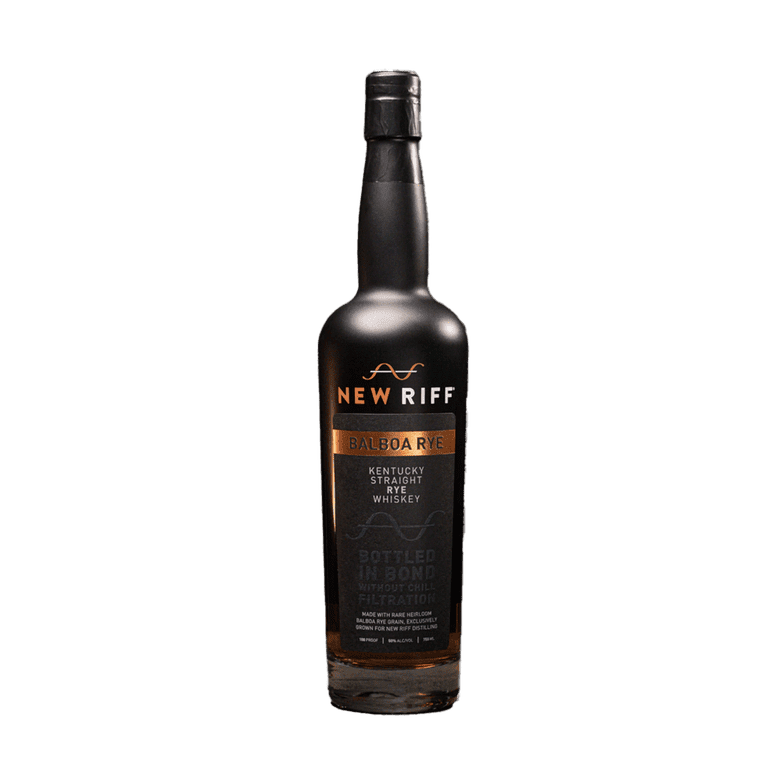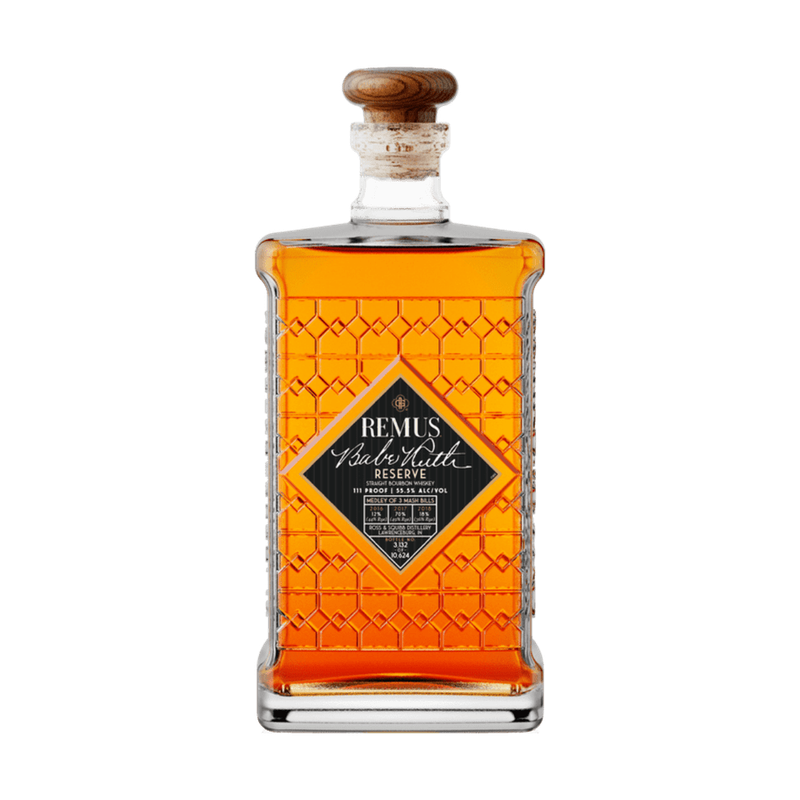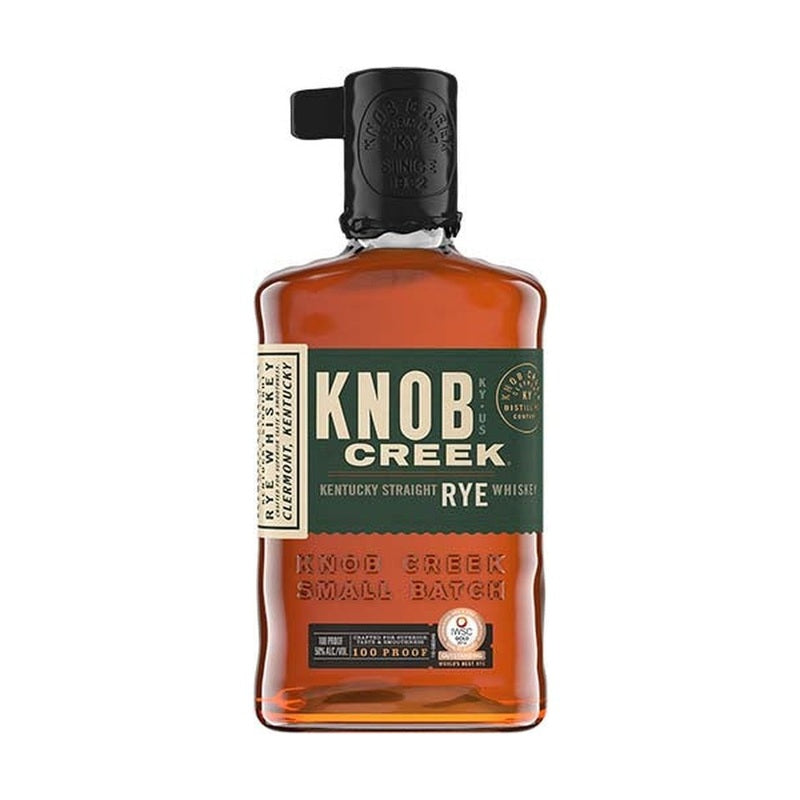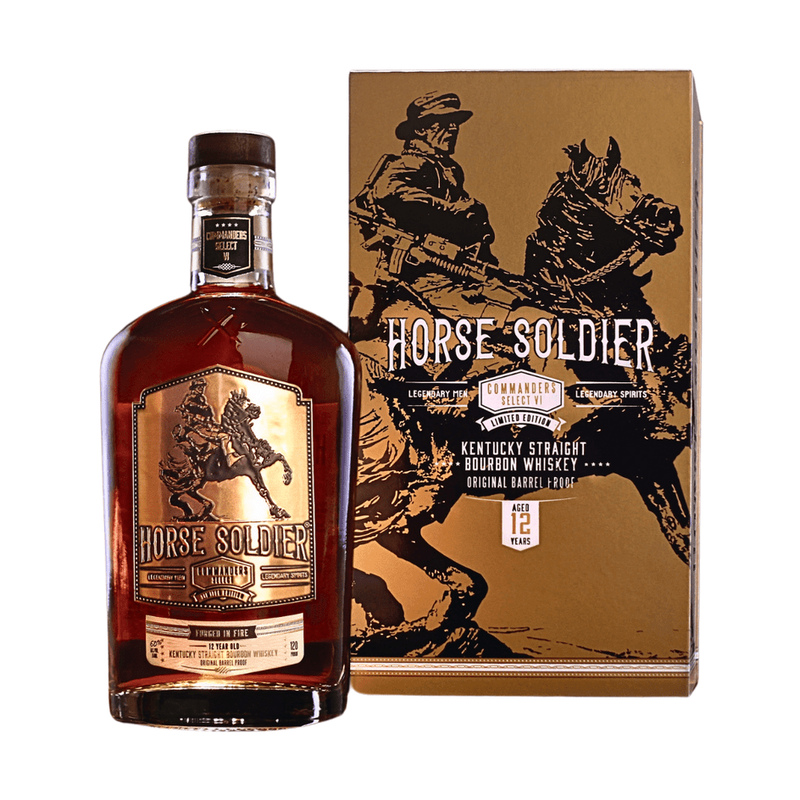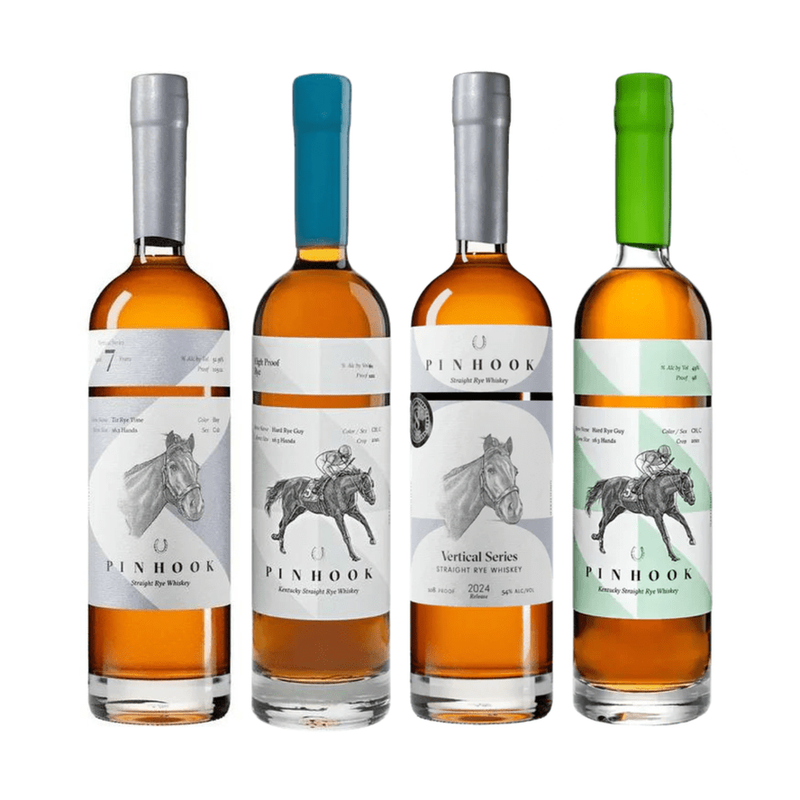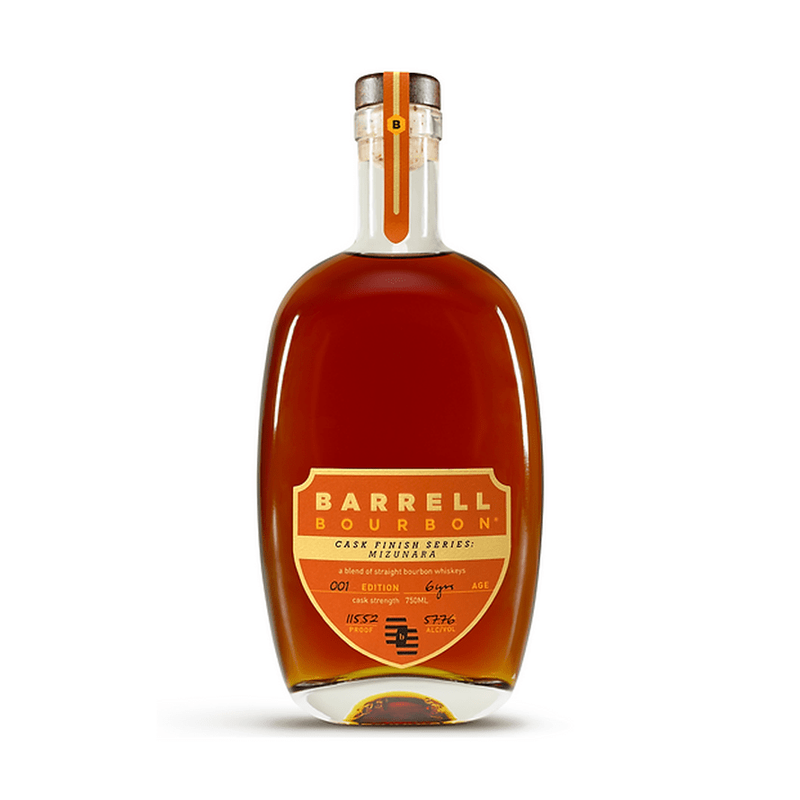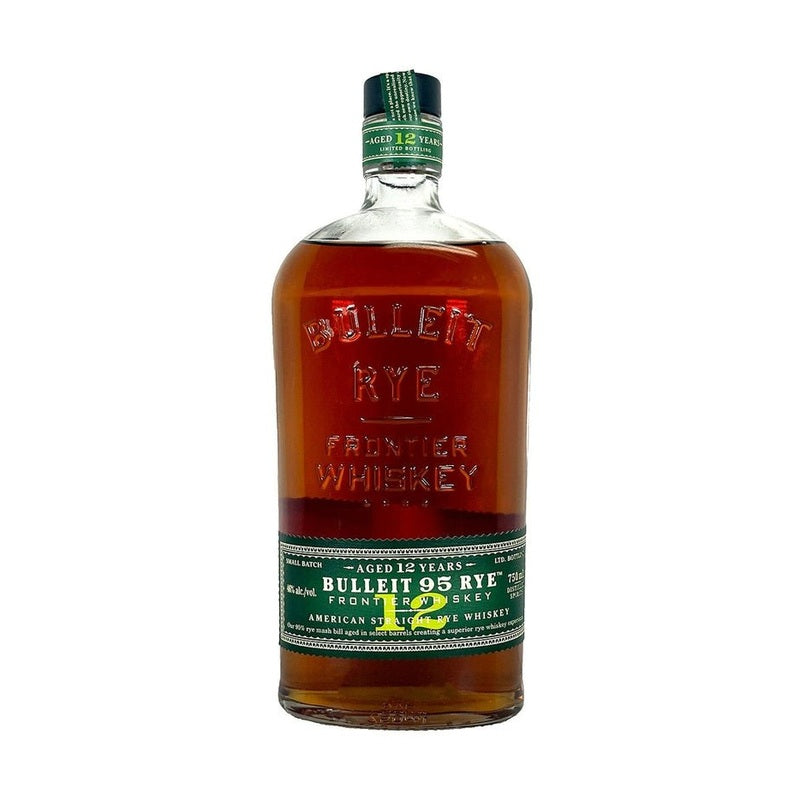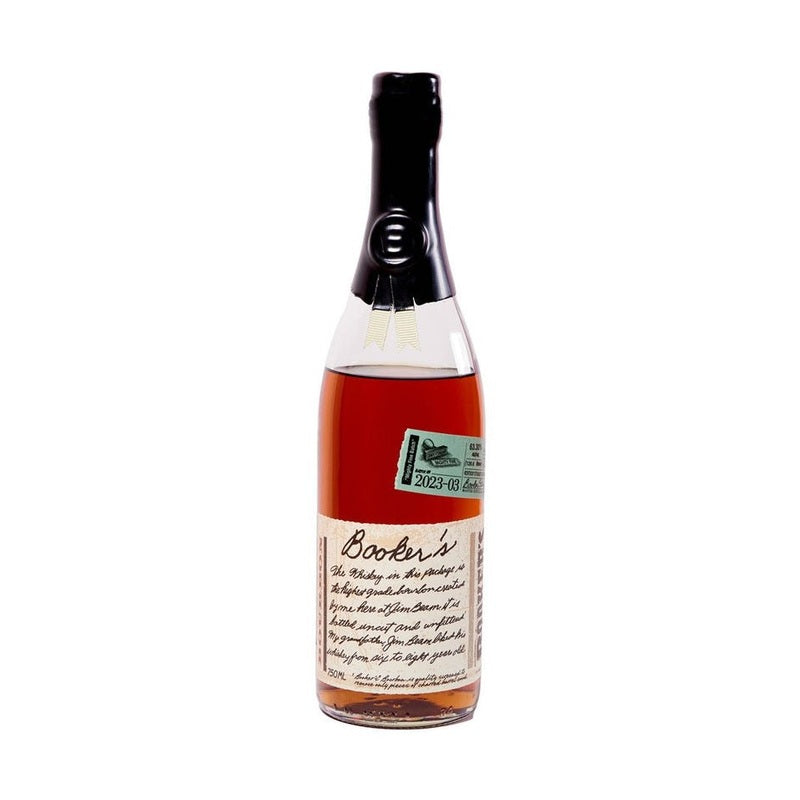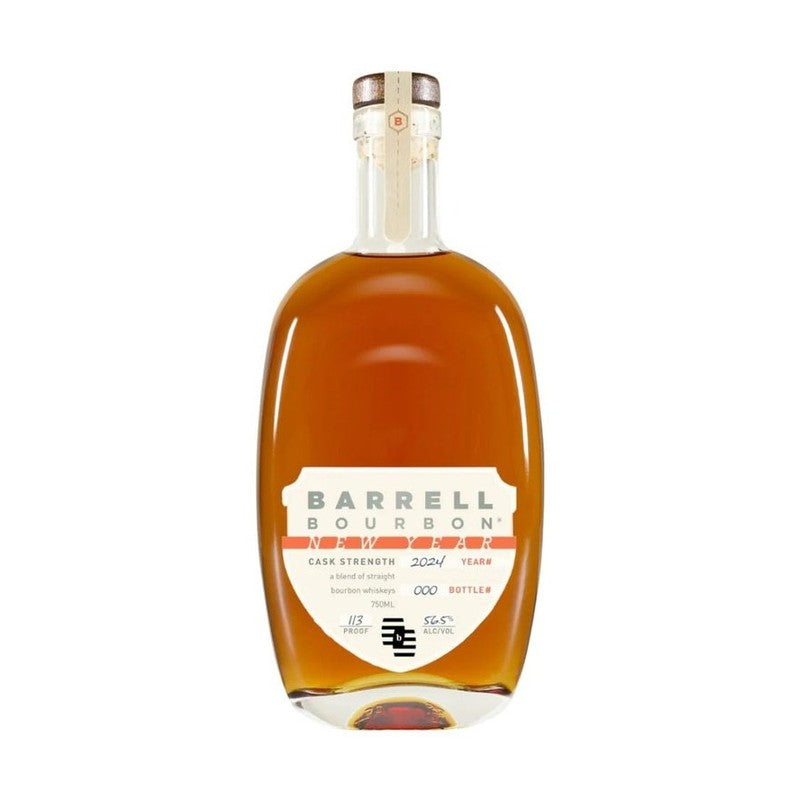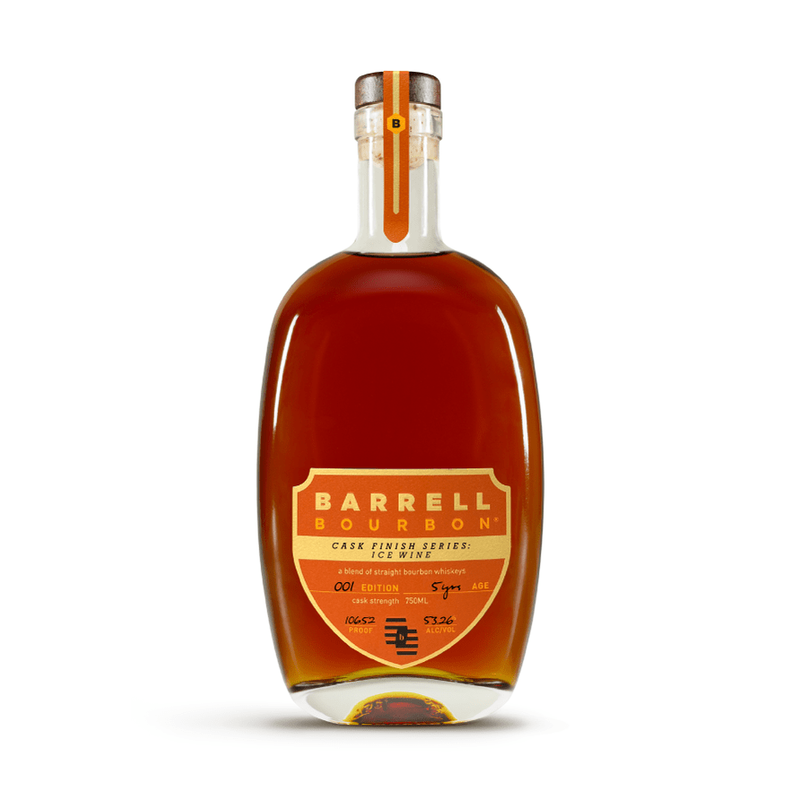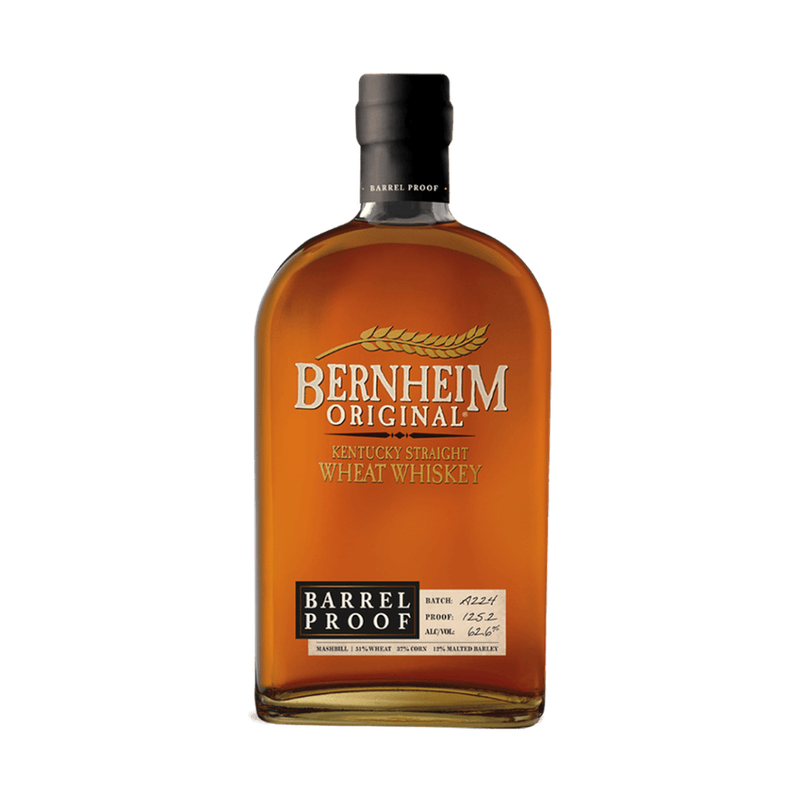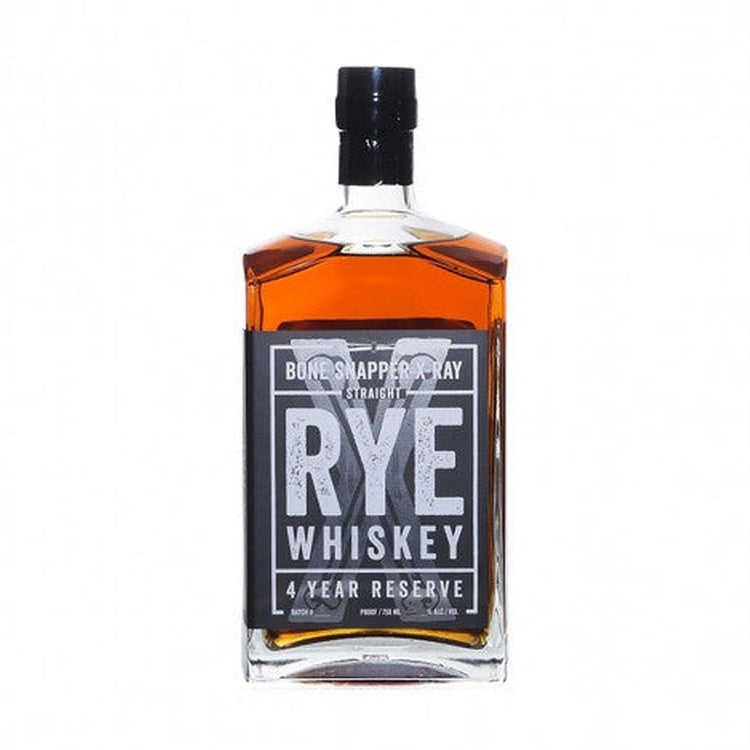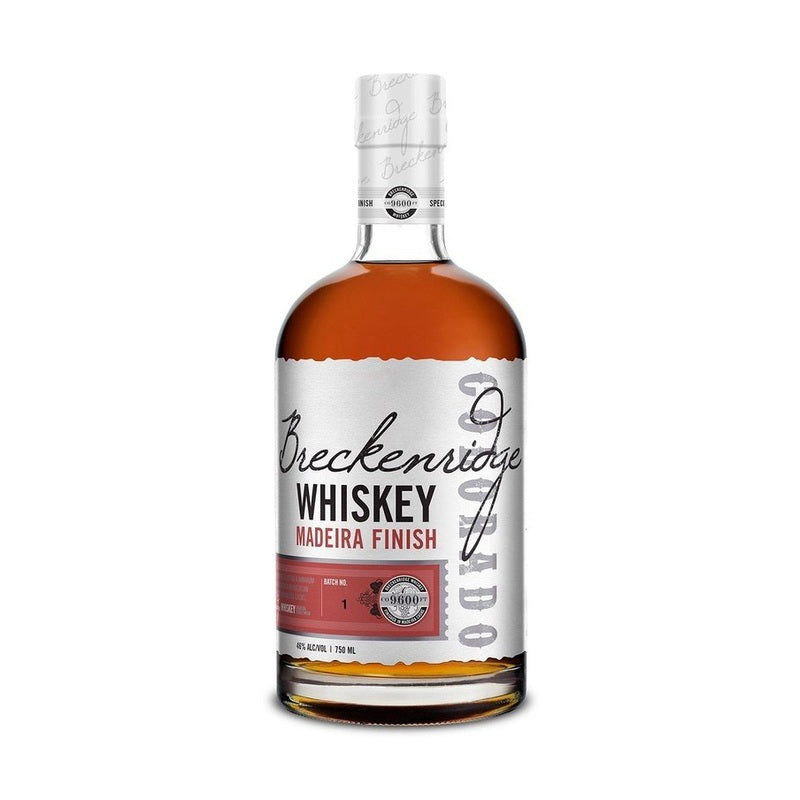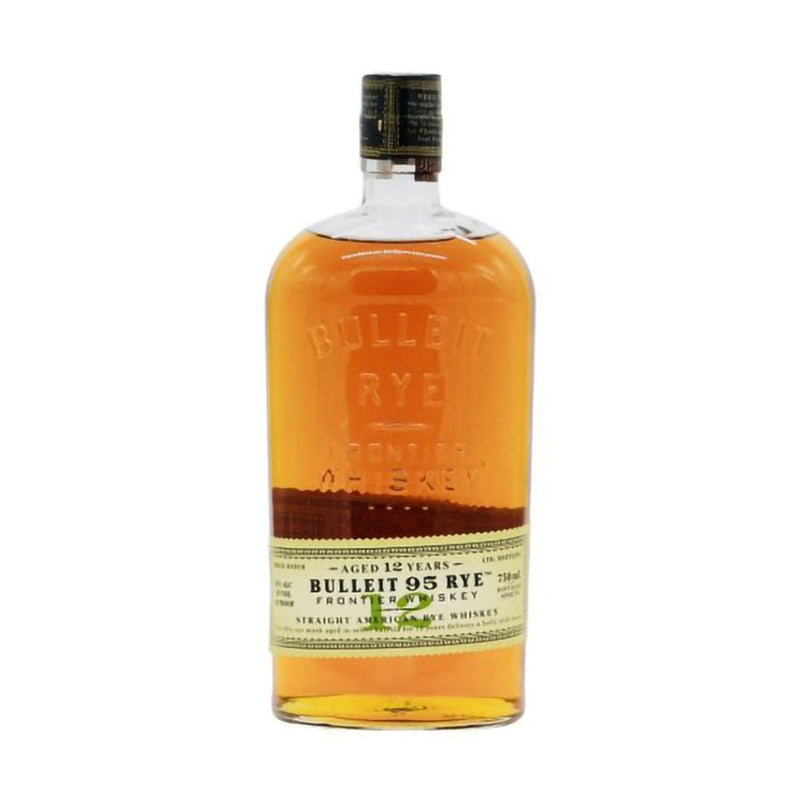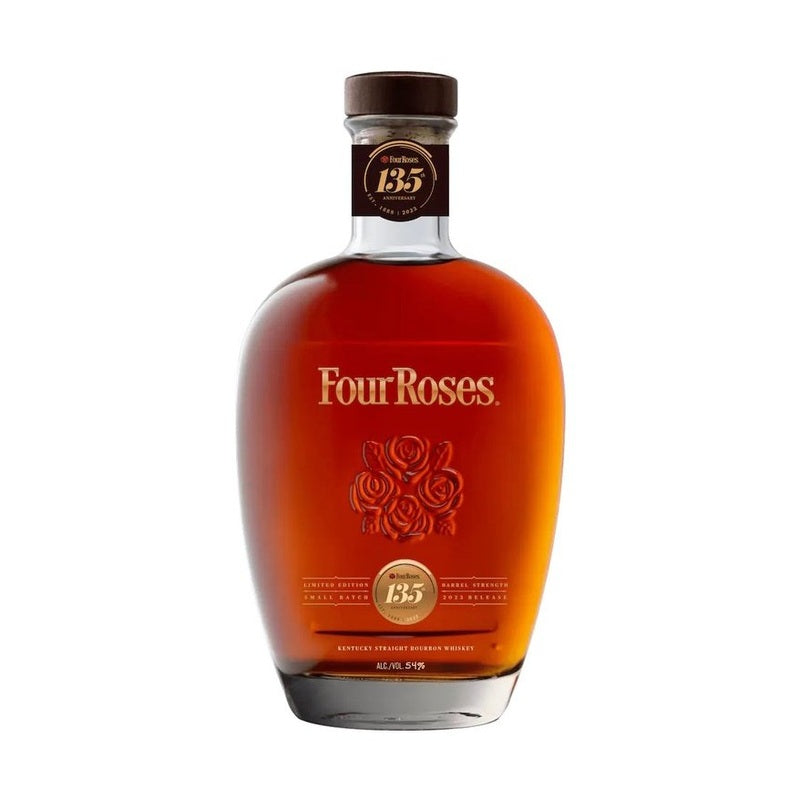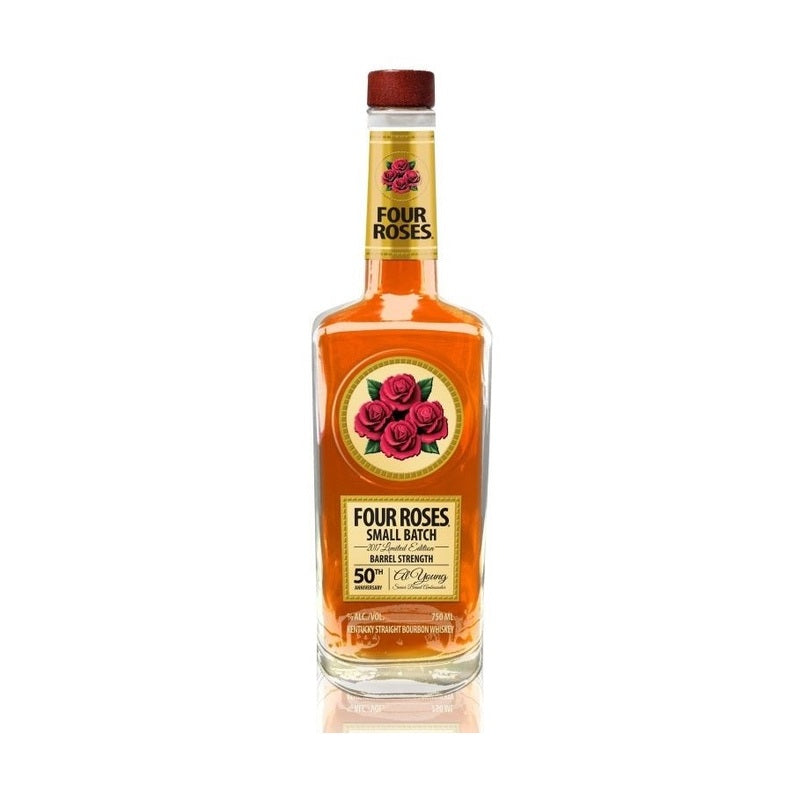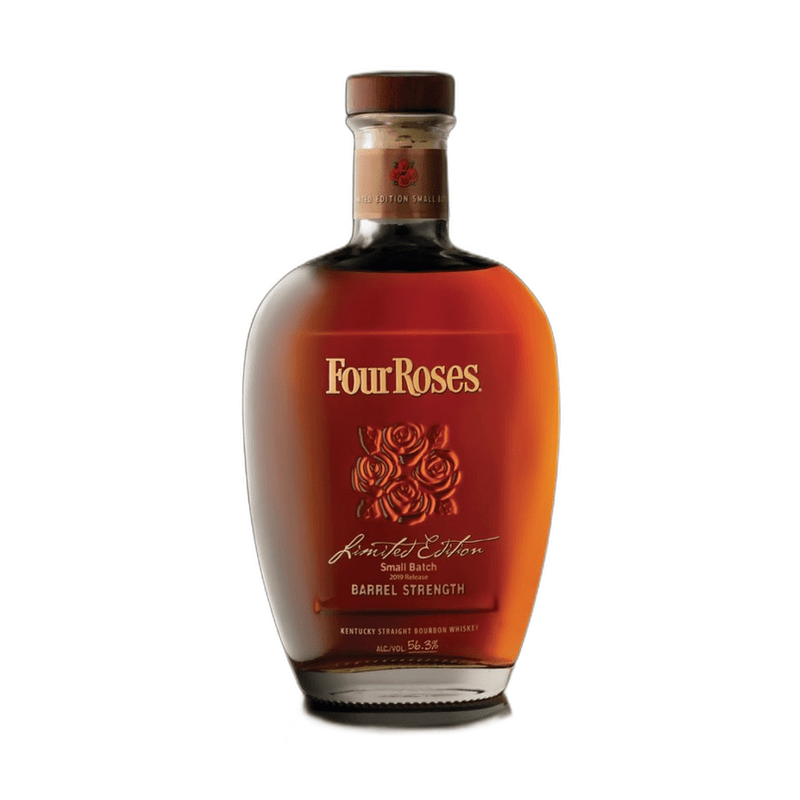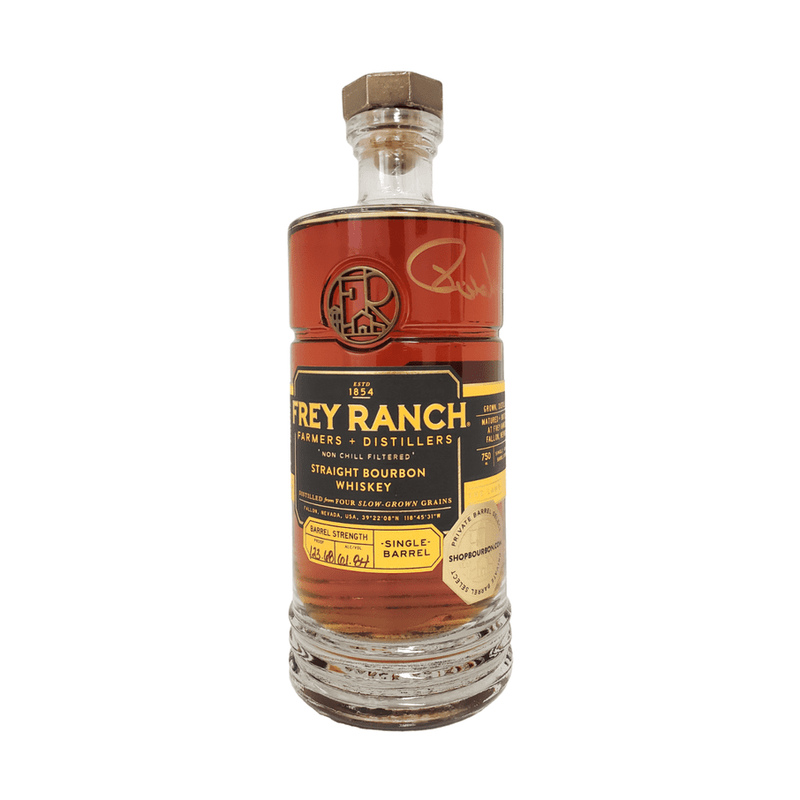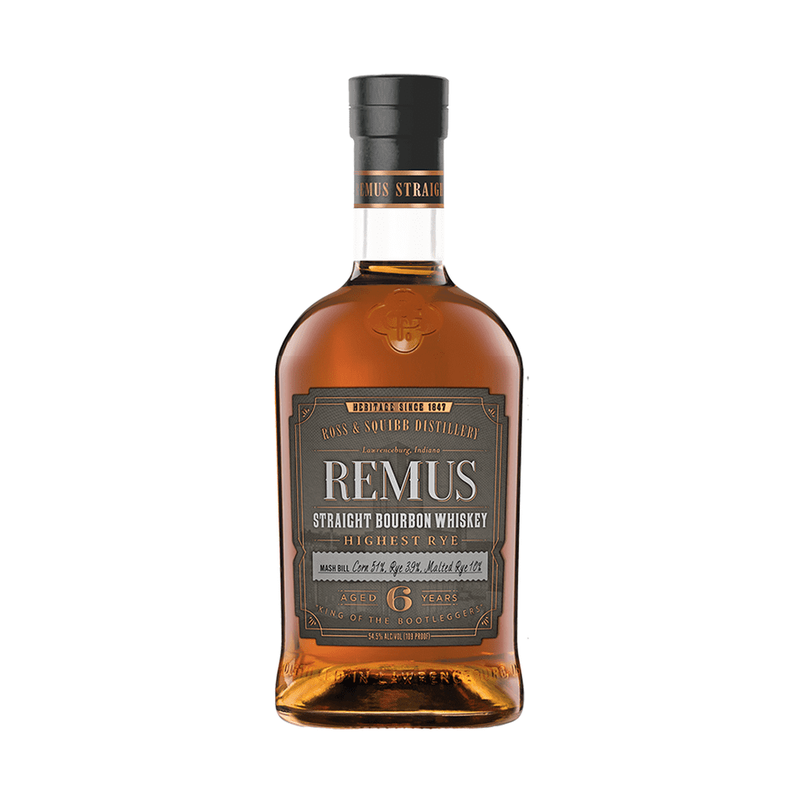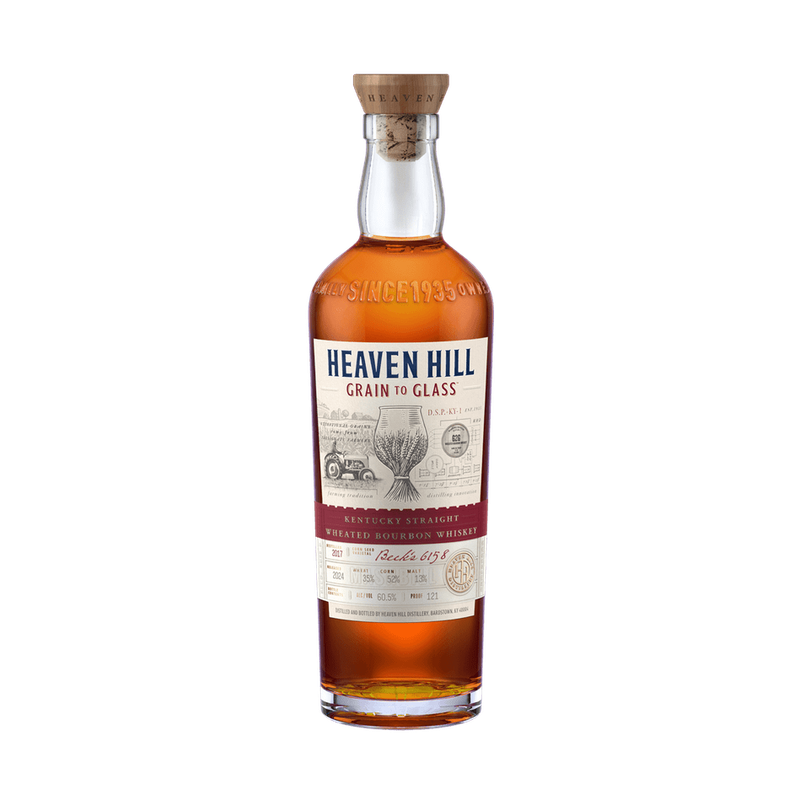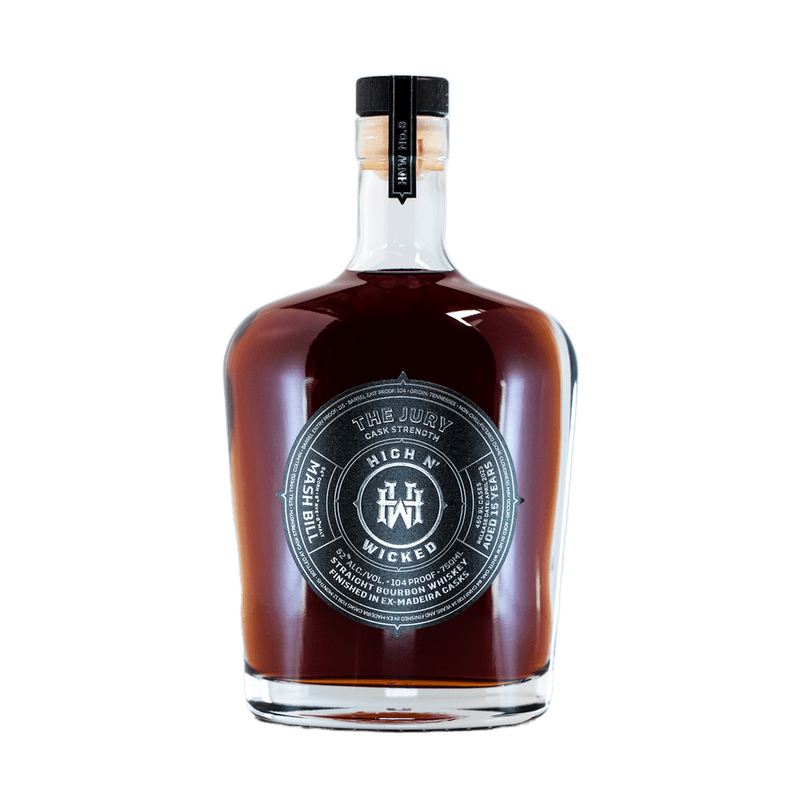
Mashbill
Filters
A mashbill refers to the specific recipe or blend of grains used in the production of whiskey, particularly American styles like bourbon, rye, and Tennessee whiskey. The mashbill determines the core flavor profile of the whiskey, as it dictates the mix of grains that are mashed, fermented, distilled, and ultimately aged in barrels.
In bourbon production, the mashbill typically consists of at least 51% corn, as required by law, with the remaining portion usually made up of rye, barley, and sometimes wheat. A traditional bourbon mashbill might include around 70-75% corn, 10-15% rye, and 10-15% malted barley, resulting in a rich, sweet flavor with hints of spice. When wheat is used instead of rye, as in a wheated bourbon, the whiskey tends to be softer and smoother, with a sweeter profile.
For rye whiskey, the mashbill must contain at least 51% rye, which imparts a bold, spicy, and peppery character to the spirit. Other grains like corn and barley are added to balance the flavors. The mashbill plays a crucial role in shaping the taste, aroma, and texture of the final product, making it a fundamental aspect of whiskey-making craftsmanship and tradition. Each distillery often guards its mashbill recipe closely, as it is key to creating distinctive and signature whiskey expressions.
RD One Kentucky Straight Bourbon Whiskey Finished With Amburana Wood
Garrison Brothers Single Barrel VW&S Texas Straight Bourbon Whiskey
Woody Creek Distillers Colorado Straight Rye Whiskey
UNBENDT Straight Malt Bottled in Bond
1792 Bottled in Bond Kentucky Straight Bourbon Whiskey
Old Elk 'Infinity Blend 2023 Edition' Blended Bourbon
Bardstown Bourbon Company Fusion Series #9 Kentucky Straight Bourbon Whiskey
Penelope 9 Year Barrel Strength Private Select Straight Bourbon Whiskey
Cedar Ridge Iowa Straight Bourbon Whiskey
Dark Arts Whiskey House 'Amburana Oak Stave Finished' Small Batch Rye
Kings County Distillery Moonshine Corn Whiskey (375ml)
Larceny 1870 Small Batch Kentucky Straight Bourbon Whiskey with Leather Rocks Glass
Proof and Wood 'Vote Combo Pack'
Rebel Small Batch 110 Prf Straight Bourbon
Truthteller 1839 Straight Bourbon Whiskey
UNBENDT Straight Wheat Bottled in Bond
Smoke Wagon Uncut Unfiltered Straight Bourbon Whiskey
Deadwood Tumblin' Dice 4 Year Old Mashbill Straight Bourbon Whiskey
Smoke Wagon Halloween Bundle
New Riff Bottled in Bond Balboa Rye Whiskey
Remus 'Babe Ruth Reserve' Bourbon
Knob Creek Kentucky Straight Rye Whiskey 100 Proof (375ml)
Calumet Farm Single Rack Black 14 Year Old Kentucky Straight Bourbon Whiskey
Horse Soldier Commander's Select VI Bourbon
It's Rye Noon' Pinhook Bundle
Barrell Craft Spirits 'Mizunara Finished' Bourbon
Willett Pot Still Reserve Kentucky Straight Bourbon Whiskey 10-Pack (50ml)
Bulleit 95 Rye 12 Year Old Straight Rye Whiskey 2024 Edition
Booker's 'Mighty Fine Batch' 2023-03 Kentucky Straight Bourbon Whiskey
2023 Home Bar Starter Bundle
Bardstown Bourbon Co. Discovery Series #12
Barrell Bourbon New Year 2024 Limited Edition
Barrell Craft Spirits 'Ice Wine Cask Finish' Bourbon
Bernheim Original Barrel Proof Kentucky Straight Wheat Whiskey (A224)
Bone Snapper X-Ray 4 Year Old Reserve Straight Rye Whiskey
Breckenridge Madeira Finish Bourbon Whiskey
Bulleit 95 Rye 12 Year Old Straight Rye Whiskey
Four Roses Small Batch Barrel Strength 135th Anniversary Kentucky Straight Bourbon Whiskey 2023 Limited Edition
Four Roses Small Batch Barrel Strength Al Young's 50th Anniversary Kentucky Straight Bourbon Whiskey 2017 Limited Edition
Four Roses Small Batch Barrel Strength Kentucky Straight Bourbon Whiskey 2019 Limited Edition
Frey Ranch Bourbon 'Private Selection' Signed By Head Distiller
George Remus 'Highest Rye' 6 Year Old Straight Bourbon Whiskey
Heaven Hill Grain To Glass 'Wheated Bourbon' 6 Year Old
High n' Wicked No. 8 "The Jury" 15 Year Bourbon Finished in Ex-Tinta Negra Madeira Casks
- Featured
- Best selling
- Alphabetically, A-Z
- Alphabetically, Z-A
- Price, low to high
- Price, high to low
- Date, old to new
- Date, new to old






